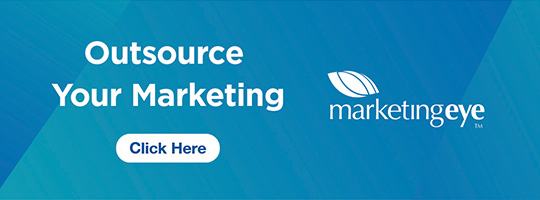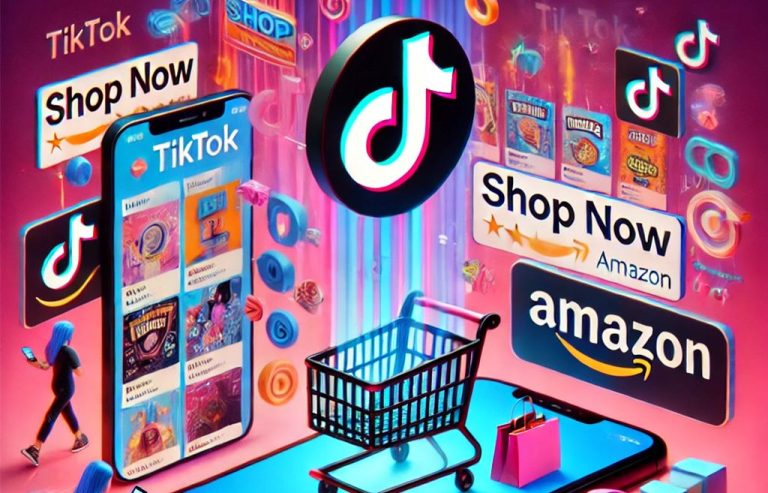Pepsi has once again struck gold with its latest commercial, leveraging the immense star power of NFL player Travis Kelce, along with fellow football stars Josh Allen, Justin Jefferson, and Derrick Henry. Released in conjunction with the 2024 NFL season, this commercial is more than just an ad—it’s a carefully crafted piece of entertainment that merges nostalgia, sports fandom, and pop culture, all while building excitement for the upcoming *Gladiator II* film.
This 2024 Pepsi ad revives a familiar theme, harking back to the brand’s iconic 2004 *We Will Rock You* gladiator-style commercial. That original ad featured pop legends Britney Spears, Pink, and Beyoncé, who faced off in an arena before deciding to unite over a Pepsi rather than fight. The 2004 ad didn’t even air in the U.S., but its international popularity and subsequent online reach turned it into one of Pepsi’s most memorable campaigns.
In this new version, the gladiators are NFL titans, and the ad blends fantasy football with a gladiatorial showdown in a Pepsi-fueled arena. It opens with two fans discussing their fantasy teams in a restaurant—one team led by Justin Jefferson and Travis Kelce, the other by Josh Allen and Derrick Henry. When they order a Pepsi, the scene shifts to an epic battle within a Pepsi can, where the players are transported into a gladiator-style contest, fighting off lions in an arena while Queen’s iconic *We Will Rock You* plays in the background.
NFL stars have long been cultural icons in the United States, but few embody a mix of humor, charisma, and success quite like Travis Kelce. Coming off two Super Bowl victories with the Kansas City Chiefs and enjoying a massive rise in mainstream visibility, Kelce was a brilliant choice for the campaign. His appearance in the ad resonates not only with hardcore NFL fans but also a broader audience that has been introduced to his personality through media appearances and crossover ventures into entertainment. This visibility makes him the perfect ambassador for Pepsi, helping the brand connect with both sports enthusiasts and a wider pop culture audience.
The ad’s timing was also well-executed. With the 2024 NFL season kicking off and *Gladiator II* scheduled for release later in the year, Pepsi’s decision to merge these two highly anticipated events maximized cultural relevance. Kelce, alongside Allen, Jefferson, and Henry, all major figures in the NFL, gives the ad instant appeal to football fans. Meanwhile, the *Gladiator* theme—resurrected just as buzz for the long-awaited sequel begins to build—brings in moviegoers and anyone with fond memories of the 2000 original film.
Adding to the appeal is Megan Thee Stallion, who takes over from Enrique Iglesias’ 2004 role as the powerful empress watching over the arena. Stallion’s presence ties the campaign to current music trends, and her remix of Queen’s *We Will Rock You* adds a modern, high-energy twist to the nostalgic soundtrack. Her involvement ensures that the ad remains relevant to younger audiences and fans of pop and hip-hop, while maintaining ties to the original *We Will Rock You* vibe.
From a PR standpoint, the campaign has been highly successful. The ad went viral almost immediately after its release, thanks to its blend of humor, action, and cultural touchstones. Social media platforms lit up with fans sharing clips of Kelce and his NFL cohorts in gladiator garb, taking down lions and throwing in signature football moves. The ad’s blend of spectacle and humor struck a chord with audiences, while Kelce’s final line—”Are you not entertained?”—directly references Russell Crowe’s famous line from the original *Gladiator* film, ensuring it would resonate with both sports fans and movie buffs.
Pepsi’s use of the gladiator theme ties into a broader marketing strategy of tapping into nostalgia while keeping the brand fresh and current. The 2004 *We Will Rock You* commercial became a hallmark of Pepsi’s ability to blend entertainment and advertising, and reviving it for the 2024 audience was a calculated move that has paid off in spades. Combining NFL stars with pop culture figures like Megan Thee Stallion creates a dynamic mix that appeals across demographics, from Gen Z to millennials and beyond.
But why does it work so well? One reason is that Pepsi understands the value of spectacle. Whether it’s Britney Spears or Travis Kelce, Pepsi ads have always featured larger-than-life figures in extraordinary settings. The gladiator arena is an ideal metaphor for the high-stakes world of both professional sports and blockbuster entertainment, and it adds an epic scale to what is ultimately a lighthearted, humorous ad.
Additionally, Kelce, Allen, Jefferson, and Henry—some of the NFL’s top players—bring a level of athleticism and charm that complements the gladiatorial concept. The commercial strikes the right balance between humor and action, making it more than just a product placement. It’s entertainment that happens to feature a can of Pepsi.
The commercial’s performance metrics reflect its popularity. Social media engagement soared, with millions of views across platforms like YouTube and Instagram. The combination of NFL stardom, Megan Thee Stallion’s music, and the anticipation for *Gladiator II* has created the perfect storm for Pepsi, positioning the brand as not only part of the NFL experience but also a key player in pop culture conversations leading into the fall of 2024.
In conclusion, Pepsi’s latest commercial is more than a nostalgic throwback—it’s a timely, culturally relevant piece of entertainment that has resonated across multiple demographics. Travis Kelce, along with his NFL peers, adds the right blend of athleticism, humor, and mainstream appeal to a campaign that capitalizes on both the NFL season and the long-awaited return of *Gladiator*. Pepsi has once again proven that its ability to combine entertainment, sports, and marketing remains unmatched, and the buzz surrounding this campaign shows that audiences are more than entertained—they’re hooked.












